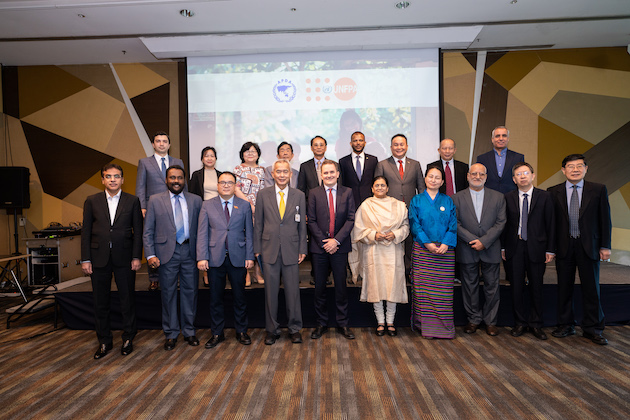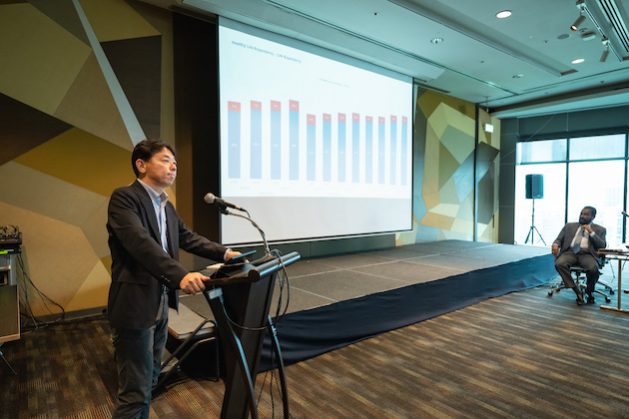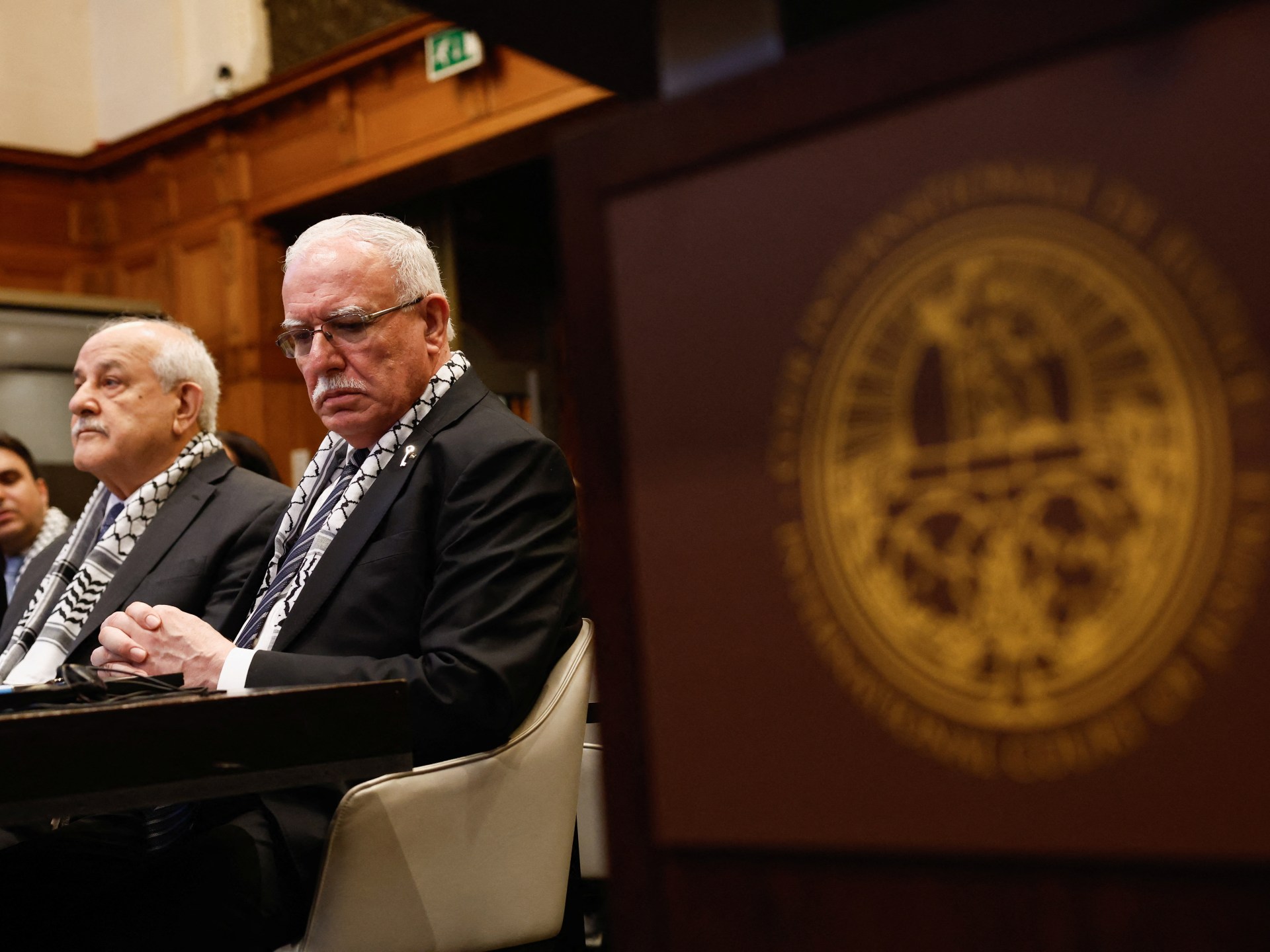Lawmakers’ Vital Roles in Ensuring Dignity for Aging Populations — Global Issues
BANGKOK & JOHANNESBURG, Jul 19 (IPS) – Countries with falling population growth face twin dilemmas: Ensuring their aging population live healthy and fulfilling lives and removing barriers to parenthood.
This was the focus of a recent workshop in Thailand reviewing the ICPD30 process and preparation for the Summit for the Future slated for next year (2024).
The workshop was opened by Professor Keizo Takemi, MP Japan and Chair of AFPPD, who contextualized the issue.
“In the Asia Pacific region, a profound shift awaits us. By 2050, one in four individuals will be about the age of 60, with a majority of them being women. The empowerment and the well-being of these women become essential for their meaningful and independent participation in the socio-economic development.”
The meeting sought to highlight what is required from lawmakers to ensure a dynamic and balanced aging society where older people will be physically, mentally, and economically self-reliant as possible, with a sustainable healthcare system.
Dr Rintaro Mori, Regional Adviser, Population Ageing and Sustainable Development at UNFPA, in an interview with IPS, said parliamentarians’ role included “macro level policy planning to prepare for the coming population aging and low fertility including both economic and human rights perspectives.”
Their role was to lead the governments’ reform policies and systems of the country to adjust for “the emerging population trend, such as pension reform and education sector reforms to accommodate all ages,” and “investing in early and later years to take preventative measures to improve social security, health, and well-being.”
Mori said this was possible using a life-cycle approach with a strong emphasis on prevention:
“Prevention is the most cost-effective way to promote healthy and active aging. Life-long investment in social security, health promotion, and psychological well-being (relationship) is the key.”

Boosting fertility was crucial for countries facing declining and aging populations. Dr Victoria Boydell from the University of Essex in the UK said it is vital to remove barriers to parenthood but not through the trend of reducing access to sexual and reproductive health services.
According to research by UN Women and the International Labour Organization, 1.6 billion hours a day are spent in unpaid care work – representing 9 percent of global GDP, and women carry out at least two and a half times more unpaid household work than men. These factors needed to be considered by lawmakers.
Boydell said policy responses to boost fertility and remove barriers to parenthood included supporting early childhood development, enrollment in quality childcare from an early age, compensation for the economic cost of children through the allocation of benefits, tax exemptions, and other subsidies.
Other practices include fostering employment, especially amongst mothers, for example, part-time and flexible working conditions, promoting equal pay, equal sharing of paid and unpaid work, and allocating benefits to low-income families.
Regarding SRH services, there could be an increase in access to infertility treatment, fertility targets and policies to support the higher number of children, cash or tax exemptions, and access to contraception and abortion. Choice was a key right that needed protection.
In a case study, Chalermchai Kruangam, an MP from Thailand, said it was expected that a growing number of older people would need institutional long-term care – with considerable costs to the fiscus. It was, therefore, crucial to encourage governments and stakeholders to support modifications of living arrangements for older people and provide access to knowledge and training on new technologies, particularly digitalization and information technology. This would ensure that older people remained independent for longer periods, especially if supported health facilities near their homes.
Willie Mongin, an MP from Malaysia, said governments needed to formulate and implement necessary measures to ensure that social systems are ready to meet the older adult’s needs, improve their lives and the well-being of their families and communities – so they can live their lives with dignity. With the World Bank, Malaysia was formulating a strategic plan or blueprint to address an aging population’s impact, including economic growth, productivity, social protection, and health care.
Mori told IPS it was important to note that “older persons are a quite diverse population. Some of the wealthiest persons are among the older population. The health status of older persons is quite different depending upon the individual. Any country should have basic social security infrastructure based on the needs and demands of the population, not solely on the age of a person.”
He also said governments should take into account the older persons’ diversity in their plans to, for example, encourage them to remain in the workplace beyond traditional retirement ages.
“The health, skills, and knowledge of older individuals are diverse, and governments should not plan such economic and labor market policies based on the assumption that older persons are homogenous, Mori said. Recently in Japan, trends show that small and frontline jobs seem to be suitable for older persons (Sakamoto 2022).
Note: The workshop was organized by the Asian Population and Development Association (APDA) and supported by the United Nations Population Fund (UNFPA)
IPS UN Bureau Report
Follow @IPSNewsUNBureau
Follow IPS News UN Bureau on Instagram
© Inter Press Service (2023) — All Rights ReservedOriginal source: Inter Press Service
Check out our Latest News and Follow us at Facebook
Original Source







